Sandinista Nicaragua's Resistance to US Coercion: Revolutionary Deterrence in Asymmetric Conflict
How was the Sandinista National Liberation Front (FSLN) of Nicaragua able to resist the Reagan Administration's coercive efforts to rollback their revolution? Héctor Perla challenges conventional understandings of this conflict by tracing the process through which Nicaraguans, both at home and in the diaspora, defeated US aggression in a highly unequal confrontation. He argues that beyond traditional diplomatic, military, and domestic state policies a crucial element of the FSLN's defensive strategy was the mobilization of a transnational social movement to build public opposition to Reagan's policy within the United States, thus preventing further escalation of the conflict. Using a contentious politics approach, the author reveals how the extant scholarly assumptions of international relations theory have obscured some of the most consequential dynamics of the case. This is a fascinating study illustrating how supposedly powerless actors were able to constrain the policies of the most powerful nation on earth.
{{comment.content}}
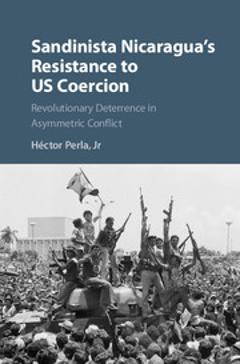
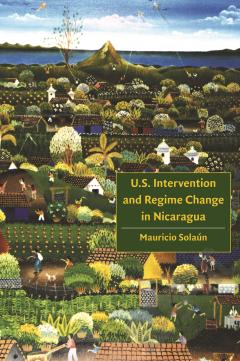
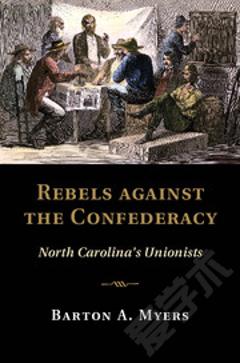
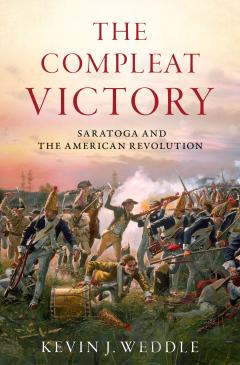
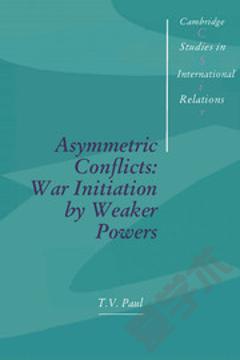

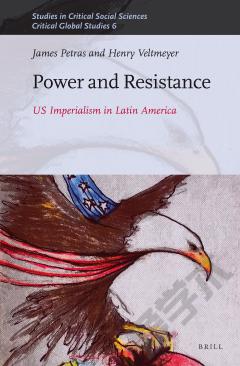

 京公网安备 11010802027623号
京公网安备 11010802027623号